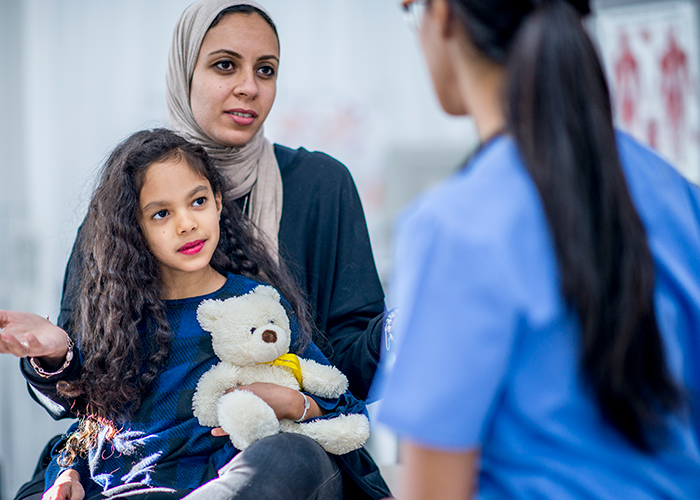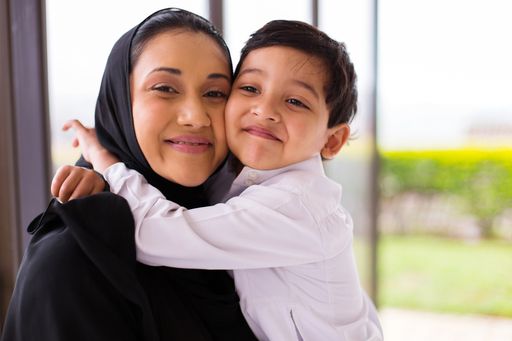Module 3 - Working with Refugees
The aim of this course is to help you work better with refugee patients and families, during consultations; to increase your awareness of their settlement challenges; and to guide you on how to respond to the traumatic experiences a refugee patient and their families may have endured.










